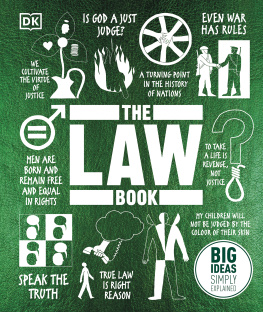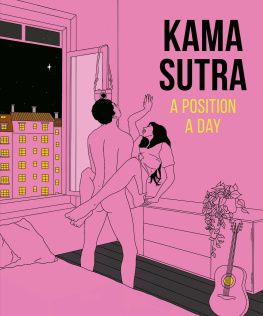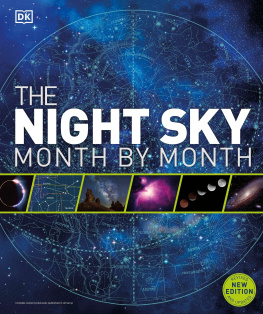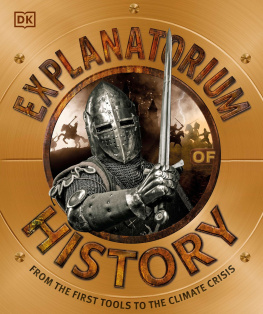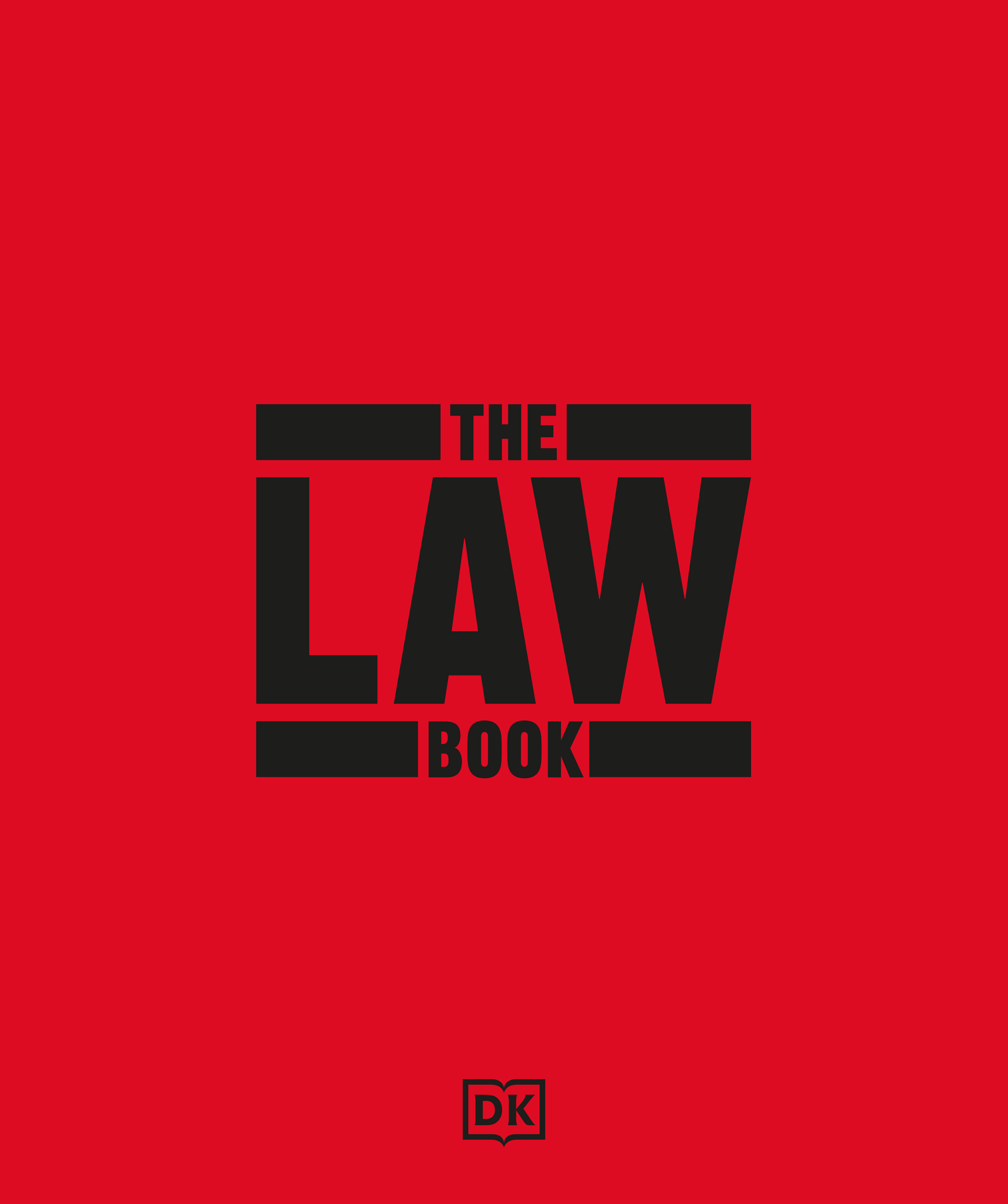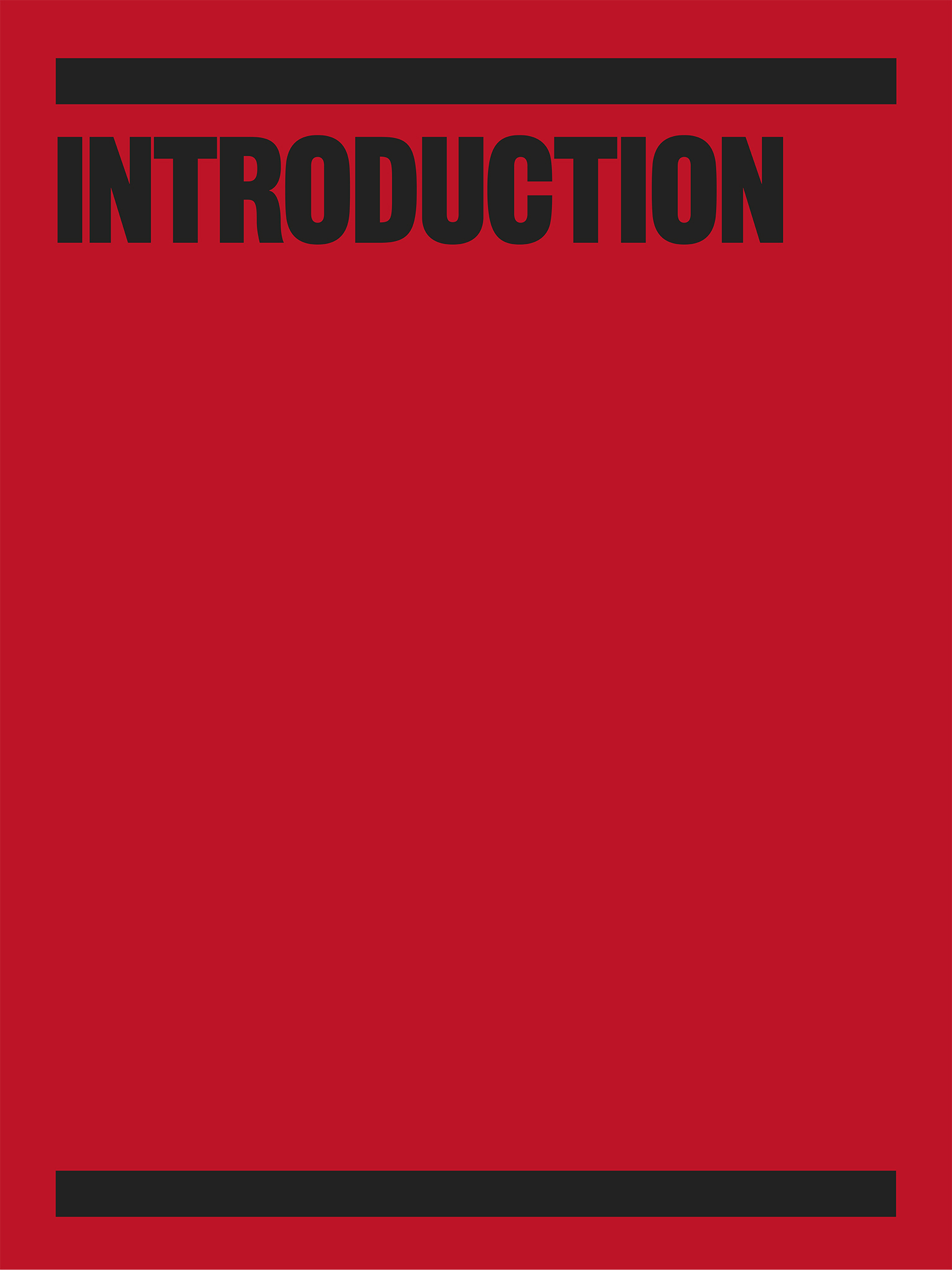INTRODUCTION

Law is much more than a system of rules governing the conduct of members of society. Its rich complexity stems from its history, how it was created and administered, its function, the way it operates, and its effects.
Around 10,000 years ago, as people began to gather in ever larger settlements, they had to find new ways to live and work together peacefully. Clear laws were needed to settle disputes. The earliest known law code dating from around 2100 BCE and set down by order of Ur-Nammu, king of Ur, a city in Mesopotamia (now Iraq) listed commensurate punishments for crimes. Murder, for instance, was punishable by death an early bid, echoed in many later law codes, to ensure that justice fitted the offence.
From the earliest times, rulers invoked their gods to give laws authority. The Jewish Torah enshrined laws by tradition given to Moses by God. Around 1046 BCE , King Wu of the Chinese Zhou dynasty similarly claimed a divine mandate for his rule. In the 4th century CE , Christianitys Catholic canon law developed into a legal system that has influenced modern civil law and common law, while Islamic Sharia law is based on the word of Allah in the Koran.
New civilizations established legal frameworks for their laws with procedures and officials to ensure compliance. Their philosophers debated the nature of justice and shaped political ideas. In Athens, the ancient Greek city which practised the earliest democracy, reason and a concept of justice as a virtue guided Platos and Aristotles theories of law. The early Roman Republics Twelve Tables explained laws and spelt out citizens rights. In China, between 476 BCE and 221 BCE , scholars proposed radically different systems Daoism, Confucianism, and Legalism ranging in nature from laissez-faire to authoritarian. Each had a lasting impact.
A large proportion of the law exists to protect members of society and their property, and the enforcement of the law acts as a deterrent as well as ensuring justice. As trade developed, civil laws were drawn up to govern transactions and the conduct of businesses. To facilitate trade between nations, the earliest known maritime law the Lex Rhodia evolved during Greeces Classical Age (500 BCE 300 BCE ).
The end of law is not to abolish or restrain, but to preserve and enlarge freedom.
John Locke
English philosopher (16321704)
Punishments and rights
Long after the Greek and Roman civilizations declined, barbaric forms of justice existed in medieval Europe. In the absence of evidence or credible witnesses, alleged offenders (usually the poor) could be tried by ordeal; their innocence gauged by how well they recovered from physical ordeals, such as scalding or burning. Some disputes were settled by trial by combat, a physical fight.
Trial by ordeal was banned by a 13th-century papal decree; trial by combat persisted much longer. Legal systems changed as people beyond a small ruling elite became richer and better educated. Apart from the poorest, ordinary citizens began to acquire greater rights and protections. Chapter 39 of Magna Carta, sealed in 1215, established the right to justice of every free man, a right later enshrined in the Habeas Corpus Act of 1679. In England and Wales, poverty, too, was addressed in the Poor Law Act of 1601, which provided a very basic safety net for those at the bottom of society.
While criminal, property, and commerce laws have existed since ancient times and been steadily adjusted and refined, legislation concerning civil and human rights had to be fought for and even today is not universally adopted. The English Bill of Rights (168889) that ensured the power of an elected parliament came in the wake of the English Civil War, the execution of Charles I, and the absolute rule of both Charles II and James II. The Napoleonic Code of 1804 was built around key ideas of The Declaration of the Rights of Man and of the Citizen that emerged at the start of the French Revolution. It took a century of campaigning to abolish most slavery, and bloody protests to secure womens voting rights.
As the Industrial Revolution took shape in the 18th and 19th centuries, workers began to recognize their collective muscle. The UKs Trade Union Act of 1871 gave workers a political voice, and trade unionism gained strength across the globe, prompting better and safer working conditions. In Germany, new laws compelling employers to provide sickness funds for injured workers were passed in 1883 and 1884.
To accept the need for new or revised laws, governments have to be open to change. In more than half of countries with populations of at least 500,000, some form of democratic government has now evolved, with separate branches for the creation, administration, and enforcement of the law by the legislature, executive, and judiciary respectively. Separating the powers in this way guards against the abuse of power and permits each branch to check and balance the powers of the others.
International lawmaking
Global commerce in both goods and services has greatly increased in the past century, requiring rafts of new international legislation. Nations also have to work together to find legal measures to combat spiralling international crime. Organizations such as the United Nations, established to preserve peace after World War II, and trading blocs such as the European Union have extended their remit to found institutions capable of making legally binding regulations regarding matters such as trade, human rights, and international crime. INTERPOL collaborates with the police forces of more than 190 countries to tackle organized crime, terrorism, and cybercrime. A newer area of concern is how measures to protect the environment can be enforced.
This book presents, in roughly chronological order, some of the big ideas that have influenced the law. In each case, it describes the social and political climate that produced them, people who championed them, and the role these concepts have played in shaping the societies they appeared in and others, too.

